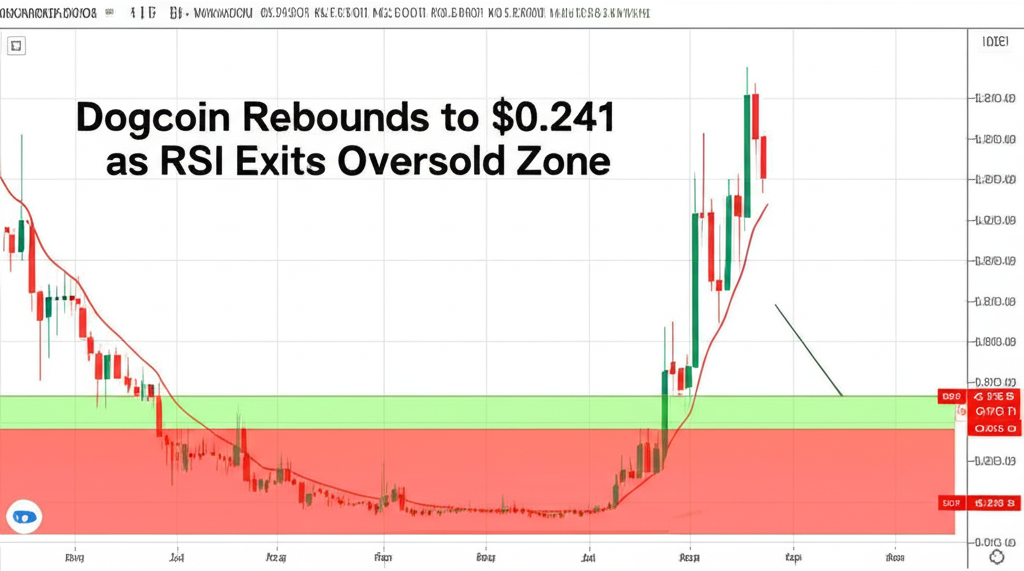HSBC, the global banking giant, has announced its strategic exploration into deploying the electronic Hong Kong Dollar (e-HKD) across multiple blockchain platforms, including Arbitrum and Ethereum, marking a significant step in digital currency innovation. This initiative aims to leverage the diverse capabilities of these networks to enhance transaction efficiency and cross-border payment solutions.
Testing e-HKD on Arbitrum for Enhanced Efficiency
HSBC is currently piloting e-HKD transactions on Arbitrum, a Layer 2 Ethereum scaling solution designed to address some of the key bottlenecks faced by blockchain networks. By utilizing Arbitrum, HSBC seeks to reduce transaction fees and increase processing speeds significantly. Layer 2 solutions like Arbitrum function by executing transactions off the main Ethereum chain while retaining the security guarantees of the Layer 1 network. This development is particularly important given the growing demand for faster, cost-effective digital currency transactions in both retail and corporate contexts.
The adoption of Arbitrum allows HSBC to bypass some of Ethereum’s well-documented congestion issues, providing a smoother transaction experience for e-HKD users. This technology not only elevates day-to-day transaction throughput but also sets the foundation for scalable, widespread usage of digital currency in financial ecosystems. By easing the cost and delay barriers, HSBC is effectively positioning the e-HKD as a competitive digital alternative in the broader payments market.
Integration with Ethereum Mainnet Enables DeFi Interoperability
Beyond Arbitrum, HSBC is actively integrating the e-HKD with Ethereum’s mainnet. This connection promotes seamless interoperability with a variety of decentralized finance (DeFi) applications already thriving on Ethereum. DeFi platforms enable services such as lending, borrowing, and trading without traditional intermediaries, and integrating digital fiat currencies like the e-HKD opens new avenues for combining regulatory-backed currency with innovative blockchain-driven financial products.
This interoperability advantage brings substantial benefits, including enhanced liquidity for e-HKD and broader accessibility to financial services. HSBC’s decision to integrate with the Ethereum mainnet reflects a strategic awareness that successful digital currency projects need to coexist within existing and growing decentralized ecosystems. The move also signals HSBC’s intent to blend traditional banking infrastructure with emerging blockchain innovations harmoniously.
Pilot Programs with Corporate and Retail Clients
HSBC is conducting pilot programs involving both corporate and retail clients across Hong Kong to rigorously assess the usability and security of e-HKD deployments on these platforms. These pilots provide invaluable data on user experience, transaction reliability, and system vulnerabilities in a live environment.
The involvement of a diverse client base ensures that the digital currency can meet varied demands, from business-to-business payments to consumer-level transactions. Pilot programs serve not only as technical tests but also as practical evaluations of regulatory compliance and customer acceptance. By engaging with real-world users, HSBC is creating feedback loops that will inform subsequent development and rollout strategies.
Building Partnerships with Blockchain Startups and Regulators
To further fortify the e-HKD initiative, HSBC is forging partnerships with specialized blockchain startups and regulatory bodies. Collaborations with innovative technology firms bring fresh expertise in blockchain infrastructure, security protocols, and user interface design. Meanwhile, close coordination with regulators is pivotal to navigate the complex compliance landscape surrounding digital currencies.
Regulatory compliance is a central piece of HSBC’s strategy. As John Lee, HSBC’s Head of Digital Assets, explained, “We’re committed to pushing the boundaries of financial innovation while ensuring the highest standards of security. Exploring platforms like Arbitrum and Ethereum allows us to optimize the e-HKD experience for our customers.” This dual focus on innovation and security underscores the bank’s commitment to delivering a trustworthy digital currency solution.
Similarly, blockchain policy expert Sarah Chan emphasized the importance of regulatory cooperation, noting, “HSBC’s proactive approach sets a valuable precedent for institutional involvement in blockchain-based currencies.” Their combined insights highlight the significance of aligning technological advances with regulatory frameworks to foster sustainable growth.
Background and Broader Context
HSBC’s venture into multi-platform e-HKD deployment is part of a larger push by Hong Kong to establish itself as a leading fintech hub in Asia and globally. The Monetary Authority of Hong Kong (MAHK) has been actively supporting the development of central bank digital currencies (CBDCs), recognizing the potential economic and technological benefits.
Historically, Hong Kong’s financial infrastructure has been defined by robust banking services and international connectivity. The integration of blockchain-based currencies like e-HKD provides an opportunity to build upon this foundation with cutting-edge digital technologies. However, the regime faces inherent challenges such as scaling blockchain solutions without compromising security and clarifying regulatory parameters for digital asset use.
The successful deployment of e-HKD could serve as a model for other major financial centers exploring similar digital currency initiatives. HSBC’s involvement lends the project significant credibility and resources, increasing the likelihood of positive outcomes.
Future Outlook and Potential Impact
Looking ahead, HSBC plans to extend its digital currency experiments to additional blockchain networks beyond Arbitrum and Ethereum. These expansions aim to further enhance interoperability, scalability, and global reach. Integration with existing global payment systems is also being explored to facilitate seamless cross-border money flows using digital Hong Kong dollars.
If these efforts come to fruition, they could herald a transformative shift in how currencies are transacted worldwide, enabling instant settlement, reduced transaction costs, and improved transparency. HSBC’s ongoing development and experimentation indicate a cautious yet ambitious approach toward embedding digital fiat currencies within mainstream finance.
The convergence of traditional banking and blockchain innovation presents a fertile ground for reimagining the future of money, and HSBC’s e-HKD initiative is at the forefront of this evolution.




